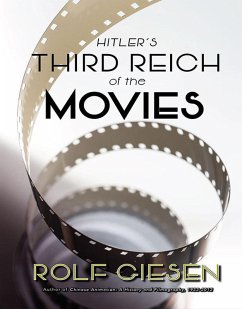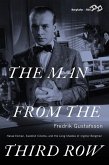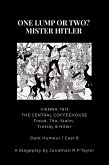For a while German film export languished, but with WW2 the Nazis "conquered" cinemas all over Europe and flooded them with their movies, propaganda as well as allegedly "apolitical" entertainment. In the new Germany one can laugh again! the propaganda promised but it was a different way of laughing. It was gallows humor.
This book deals not only with Hitler's personal cinematic likes and dislikes, with the ambitions of Leni Riefenstahl, with the idyllic world of German animation, with film emigration, with anti-Semitic films, Dachau and Auschwitz. There is also a back story to tell about certain German silents like Metropolis and why the way of Teutonic imagery didn't end with the death of the Nazi leaders in 1945, why their way of "laughing" is still alive on German screens...
About the author
Rolf Giesen, a film historian, worked for 40 years writing, collecting, supervising, lecturing in Germany and abroad, particularly China. He is one of Europe's leading experts on animation and VFX.
Dieser Download kann aus rechtlichen Gründen nur mit Rechnungsadresse in A, B, CY, CZ, D, DK, EW, E, FIN, F, GR, H, IRL, I, LT, L, LR, M, NL, PL, P, R, S, SLO, SK ausgeliefert werden.









